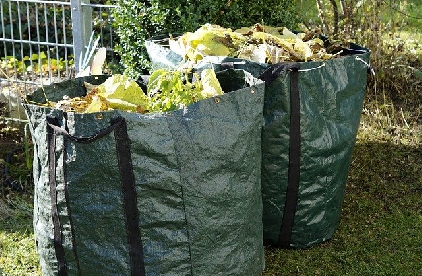
Garden waste collection charges in Monmouthshire are set to increase to £50 a year from April as the county council ends a subsidy for the service.
The council currently spends at least £720,000 a year collecting 17,000 bins from 14,361 households which pay £28 a year for 20 collections from March through to November.
When the council moved from chargeable weekly sack collections to fortnightly wheelie bin collections in 2020/21 the intention was to charge an annual fee of £35, but that was reduced following a consultation.
The current charge brings in £480,000 a year revenue, with the balance funded by the council, which it says means all 40,000 households in the county are paying £6 from their council tax payments towards the garden waste collections, which are used by around one third of homes.
The £22 increase forms part of the Labour cabinet’s budget proposals for 2023/24 which plans to bring in an extra £1.4 million from various charges. The budget plans are due to be discussed at the cabinet’s Wednesday, January 18, meeting where councillors will also be asked to approve the new charge for garden waste collections.
Members of the place scrutiny committee discussed the garden waste increase when it met on Thursday, January 12, and were told by Carl Touhig, the council’s head of neighbourhood services, that legislation prevents it from making a profit on the service.
He said if there is an “over performance” that money would be reinvested in services and asked for suggestions on how any surplus could be used.
But he warned the council is unlikely to know until April or possibly May how many households will take up the new service.
A consultation, to which 6,188 households responded, showed 67 per cent in favour of the £50 charge and maintained fortnightly collections rather than reducing collections to either monthly or six weekly in return for a lower increase.
Mr Touhig said based on the consultation, which showed that 14 per cent would rather stop using the service than pay more, the council could generate £725,000 a year but cautioned: “There is still a little bit of a risk.
“If all customers come back in it will be an over-achieving budget.”
He said the council hasn’t included management costs in the £720,000 calculated as the cost of the current service.
Conservative group leader, and former council leader, Richard John said he backed recovering the full costs of the service from gardeners: “Why should someone in a one bed flat, with no garden, subsidise people with large gardens who chose to opt into the service?”
But the Mitchell Troy and Trellech member was “a little bit worried” at the proposal the charge should increase, every November, in line with the RPI rate of inflation. He said: “We don’t know the costs will go up with RPI”.
Independent councillor for Wyesham, Emma Bryn, asked if the £50 payment could be paid in installments but Mr Touhig said that would be “difficult” with its current payment system but could be considered if there is a surplus.
She also asked if the higher charge may lead to more fly-tipping but the officer said that was unlikely and the introduction of the current £28 charge resulted in 2,000 more customers signing up the service which increased costs for the council as it had to use extra vehicles and recruit additional staff.
“In reality the people who fly tip do not use our service anyway,” said Mr Touhig.
Croesonen Labour member Su McConnel asked about the council encouraging more home composting and Mr Touhig said cost price home composting bins and water butts are already available through its reuse shops and if the service creates a profit making those cheaper could be one of the ways the excess cash could be used.

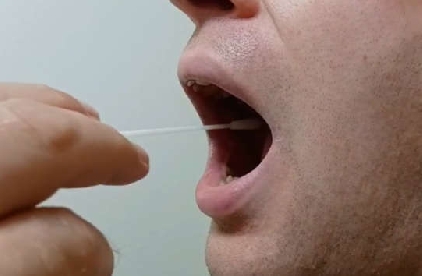 West Midlands Ambulance study to trial lateral flow test for strokes
West Midlands Ambulance study to trial lateral flow test for strokes
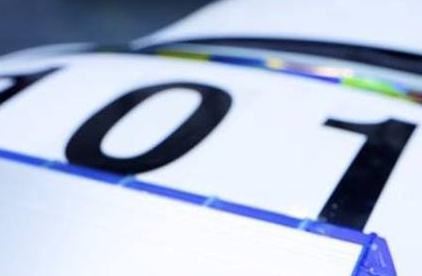 Former West Mercia officer dismissed after perverting the course of justice
Former West Mercia officer dismissed after perverting the course of justice
 Appeal to find missing Monmouthshire man
Appeal to find missing Monmouthshire man
 Herefordshire Lotto winners appear in iconic image
Herefordshire Lotto winners appear in iconic image
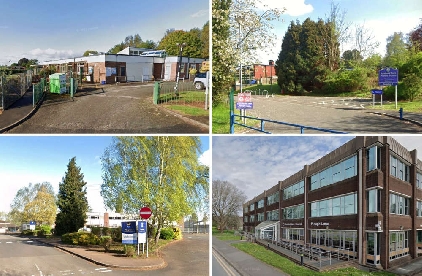 School contracts worth over £1 million announced
School contracts worth over £1 million announced
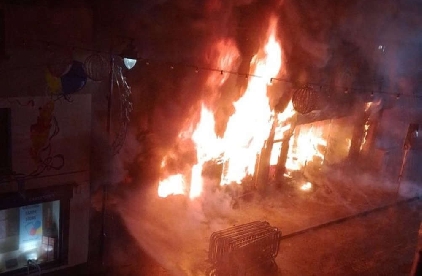 Emergency response exercise held just days before fire ripped through town centre
Emergency response exercise held just days before fire ripped through town centre
 Appeal following Leominster car theft
Appeal following Leominster car theft
 Abergavenny Fire: MP visits "devestating scene"
Abergavenny Fire: MP visits "devestating scene"
